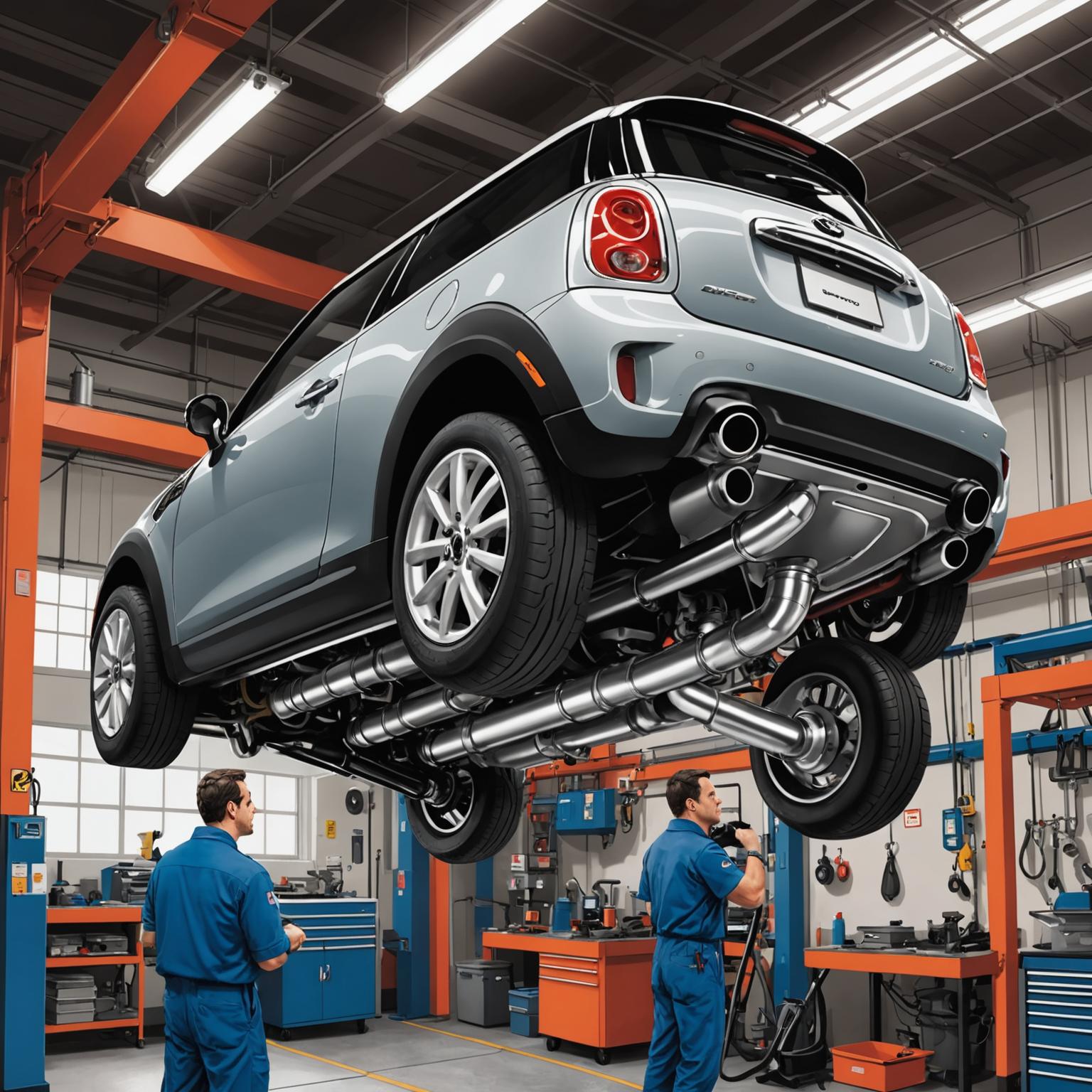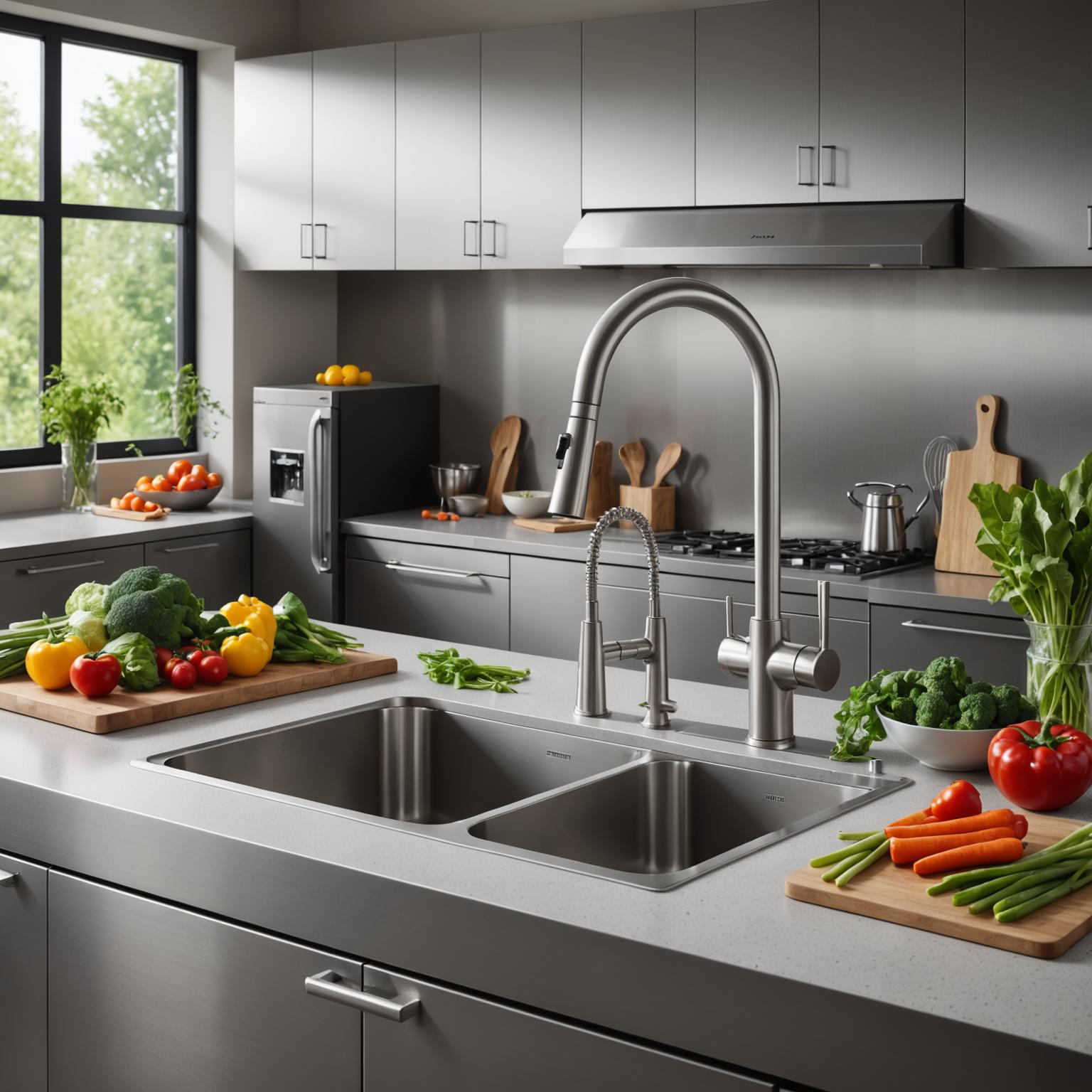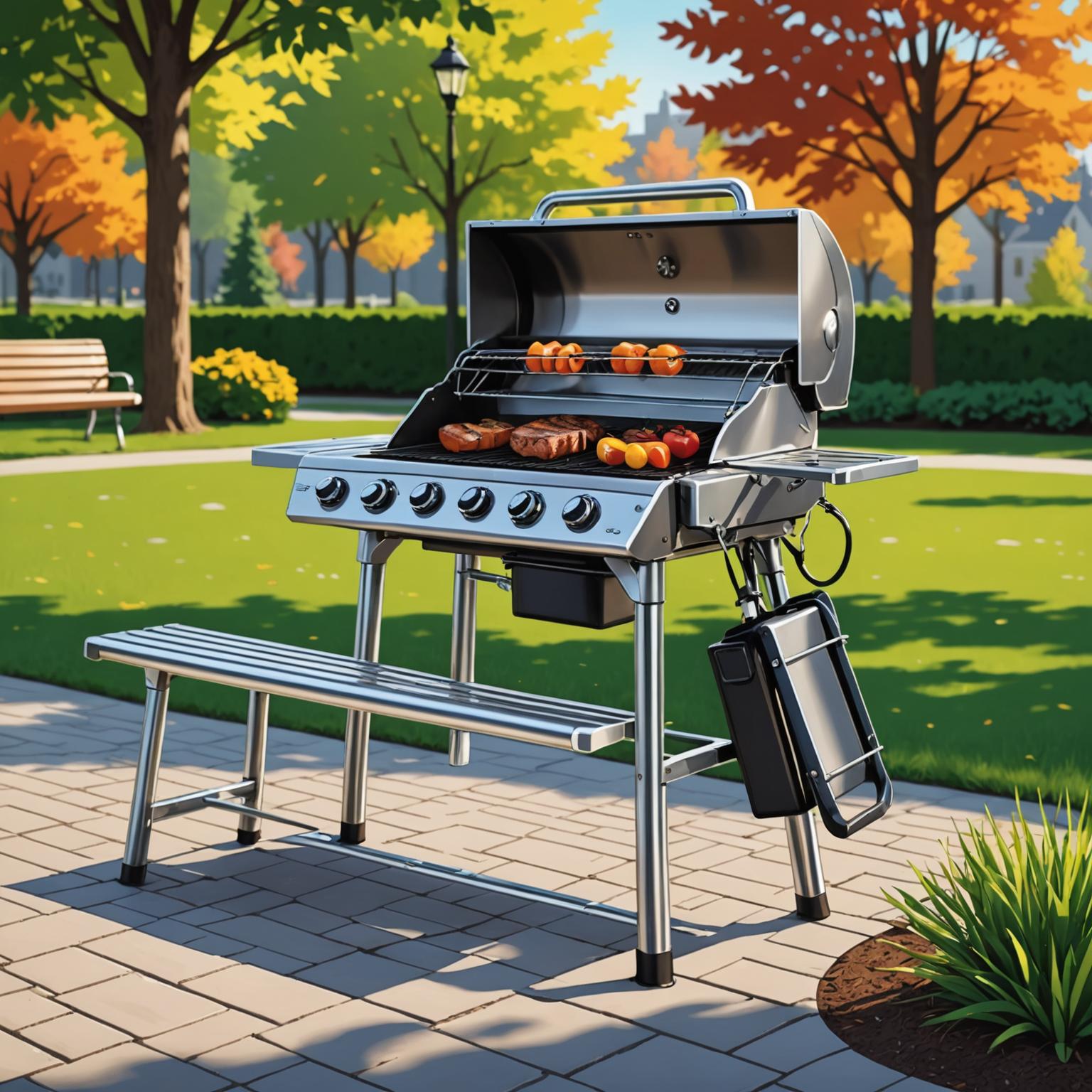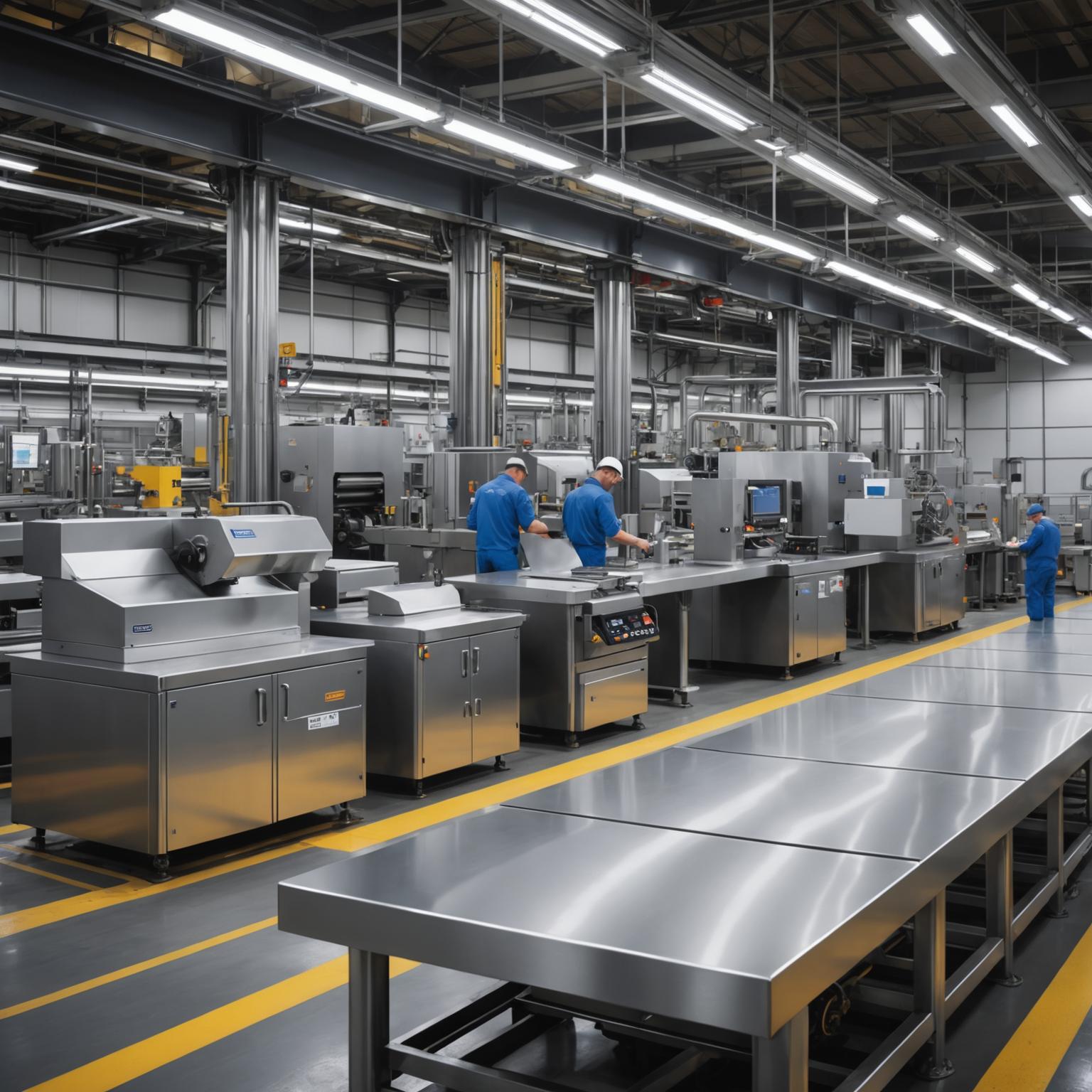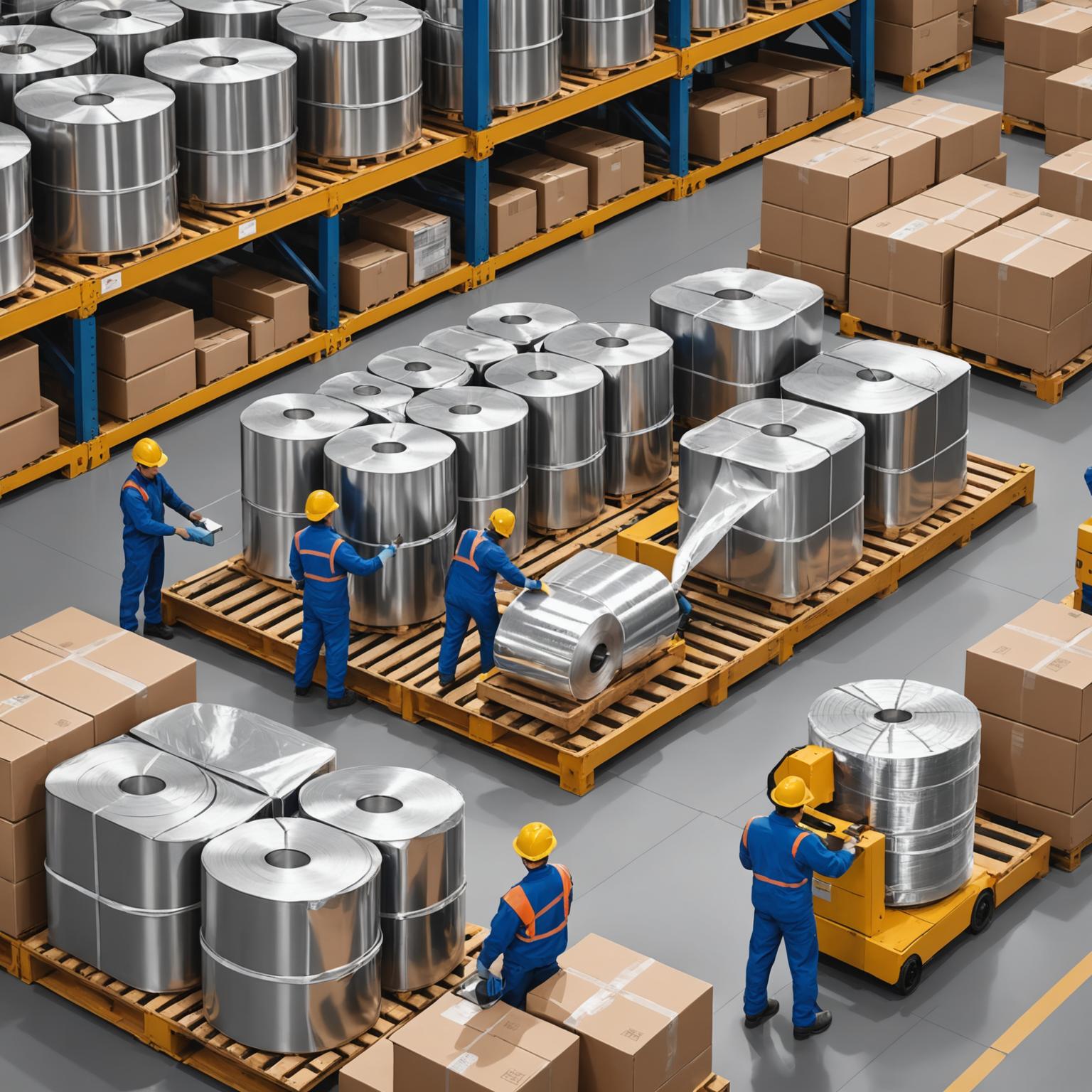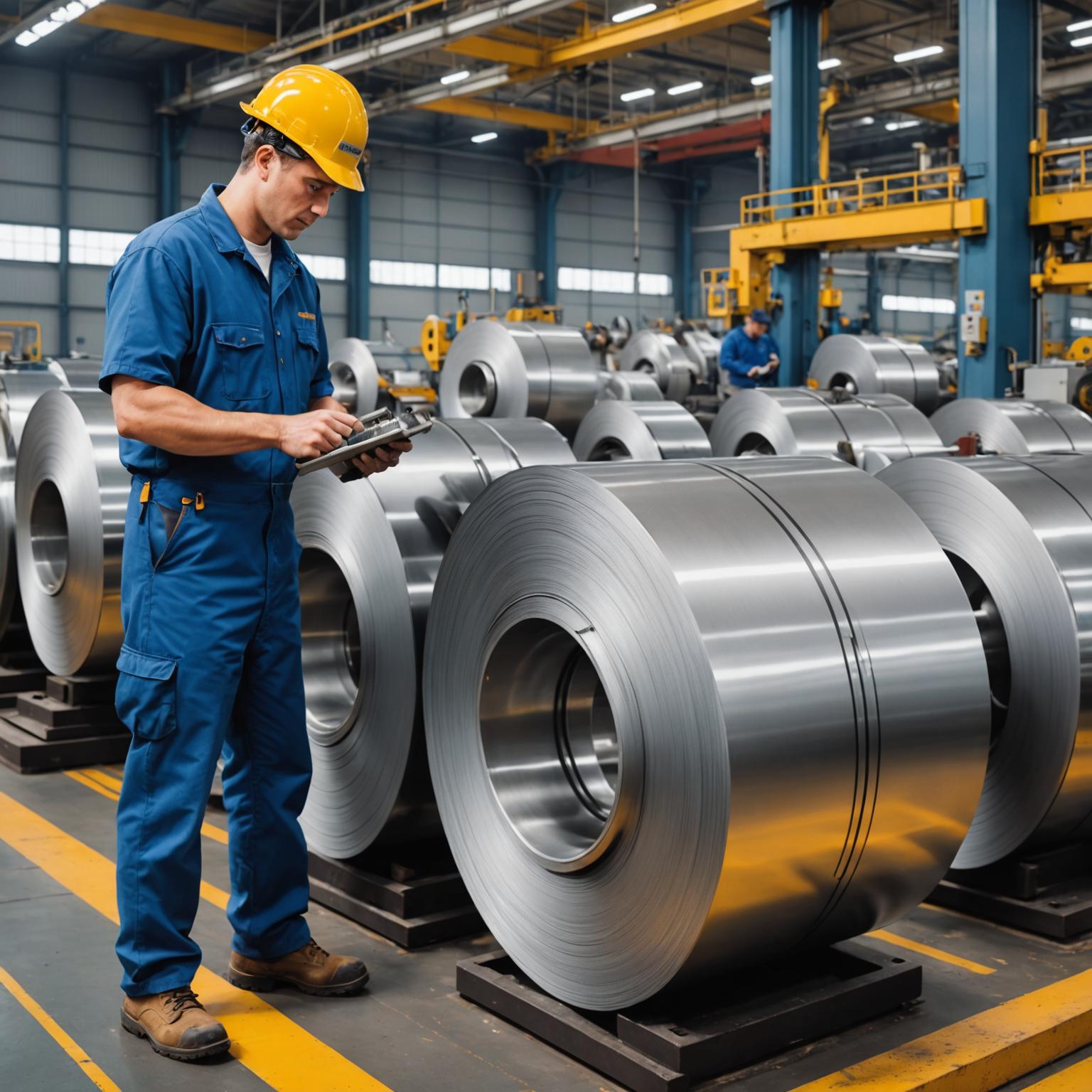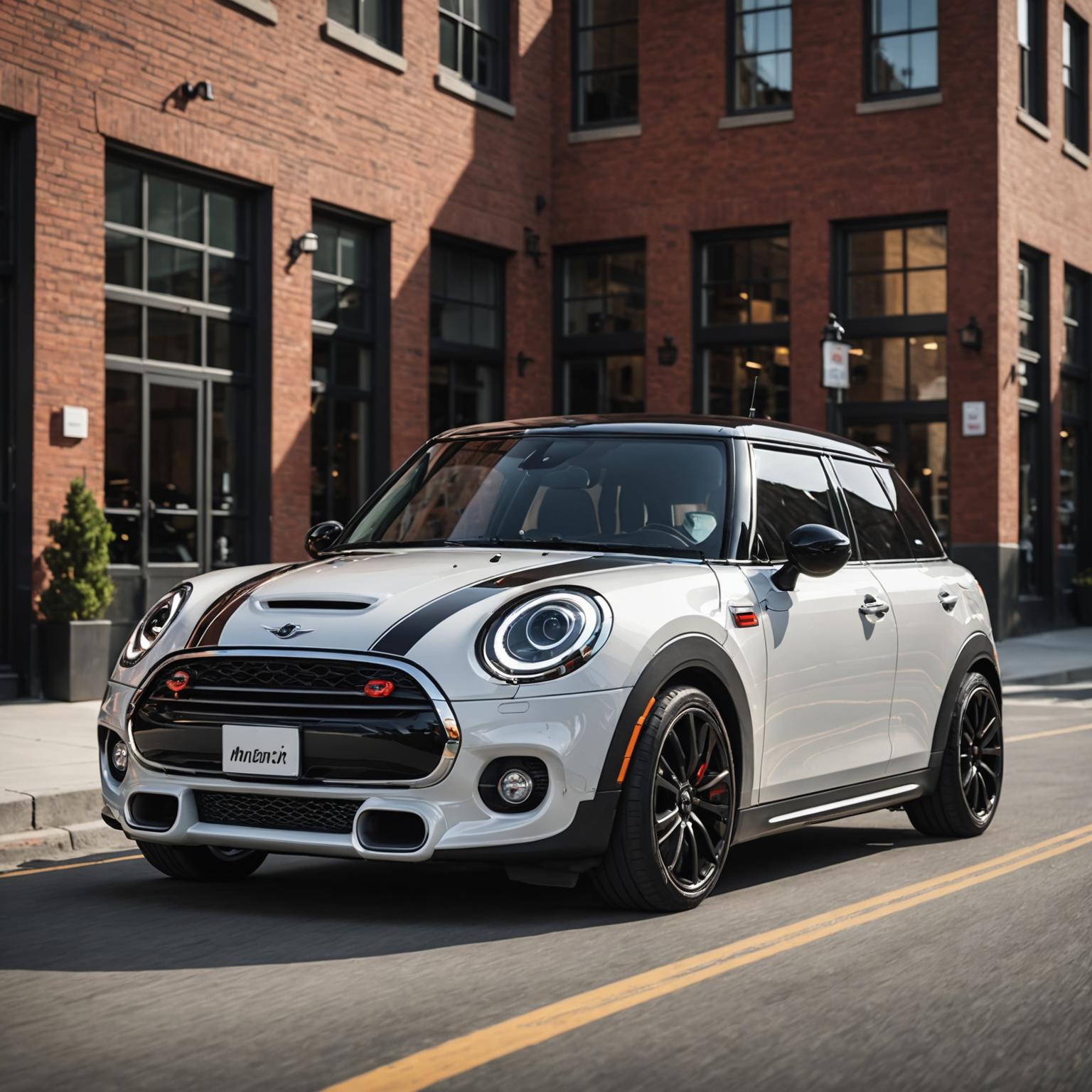
1. Why do exhaust systems have to use stainless steel?
The exhaust system of the car has been exposed for a long timeHigh temperature (600°C+), water vapor, salt spray and chemical corrosionIn the environment, ordinary steel is prone to rust and perforation. Stainless steel is the first choice with the following advantages:
-
Resistant to high temperature oxidation(Chromma forms a protective layer)
-
Resistant to vulcanization corrosion(Contact fuel sulfur-containing waste gas)
-
High strength and light weight(Better than cast iron or aluminum)
2. Comparison of commonly used stainless steel models for exhaust systems
| model | characteristic | Applicable scenarios | shortcoming |
|---|---|---|---|
| 409 stainless steel | Contains 11% chromium, economical, average heat resistance | Original manufacturer's rear section and silencer | Prone to rust, shorter lifespan |
| 304 stainless steel | 18/8 chromium-nickel alloy, strong corrosion resistance | Modified exhaust mid-section and head section (non-extreme high temperature) | High cost, easy to deform at high temperature |
| 316Ti stainless steel | Contains molybdenum and titanium, resistant to salt corrosion and high temperature | High-performance vehicles and coastal areas | Expensive |
| 439 stainless steel | Low-nickel ferrite stainless steel, cost-effective | Original exhaust system (replace 409) | Welding requires professional technology |
3. How to choose a model according to your needs?
-
Original OEM/Economic: 409 or 439 (low cost, meets the basic rust-resistant needs).
-
Modification and upgrade: 304 (balanced corrosion resistance and cost) or 316Ti (extreme performance).
-
High turbocharged models: Need for titanium alloy or special coated stainless steel (resistant to 1000°C+ high temperature).
4. Material recommendations for various parts of the exhaust system
-
Manifold: The highest temperature area, 304 or 316Ti is recommended.
-
Mid-Pipe: 304 stainless steel, taking into account both performance and cost.
-
Muffler: 409/439 is enough because the temperature is low.
5. FAQ
-
Q: Will the 304 stainless steel exhaust rust?
A: It may rust in humid or snow melting environments, but it is much slower than 409. Regular cleaning can extend life. -
Q: Do I have to use 304 for modified exhaust?
A: No need, but the 304 is lighter and has a crisper sound, making it suitable for car owners who pursue performance.



